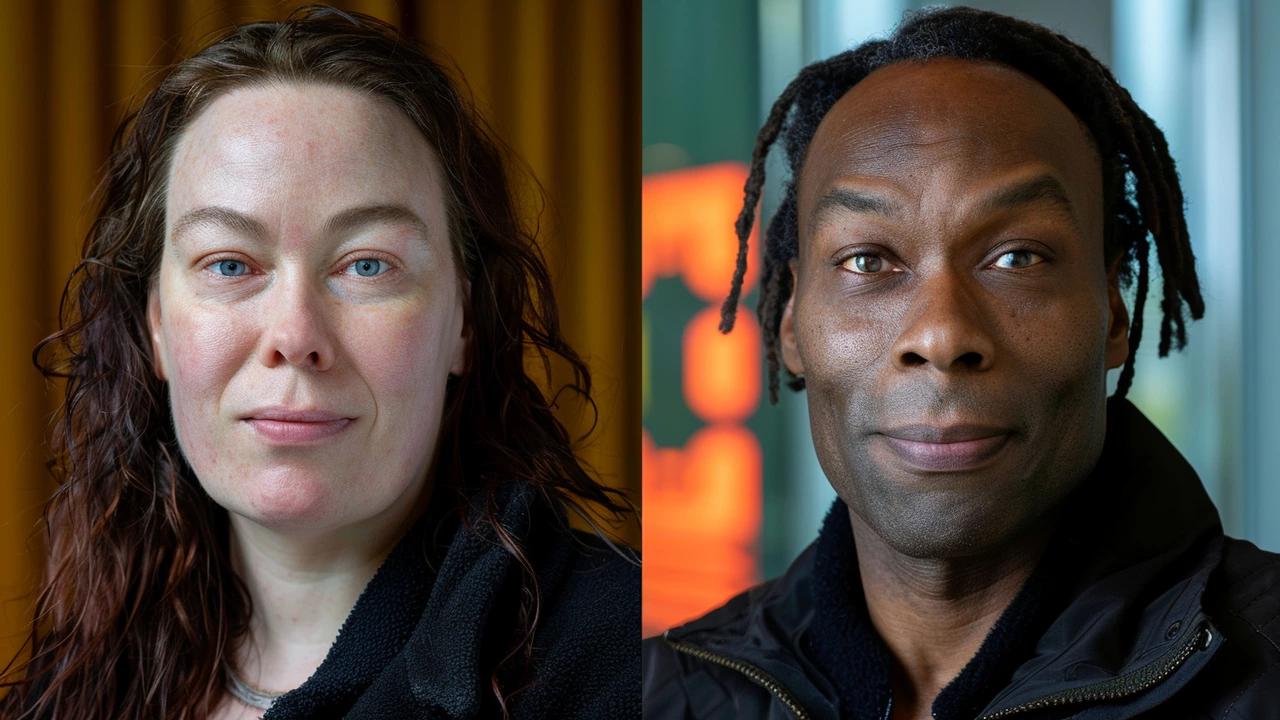Crime: Jury Discharged in High‑Profile Manslaughter Case
Ever wonder what happens when a jury can’t reach a decision? That’s exactly what went down in the trial of aristocrat Constance Marten and her partner Mark Gordon. After more than 72 hours of deliberation, the jury was discharged because they couldn’t agree on a verdict. Let’s break down why this happened and what it means for the case.
What led to the deadlock?
The case centered on the death of Marten and Gordon’s baby daughter during a harsh winter camping trip. The prosecution charged both with manslaughter and gross negligence, arguing that the parents ignored basic safety rules. The defense, on the other hand, said the weather was extreme and the couple did everything they could.
During the trial, witnesses described the freezing conditions, the lack of proper shelter, and the frantic attempts to keep the baby warm. Some jurors seemed convinced that the parents were reckless, while others felt the situation was beyond anyone’s control. With such strong, opposing views, the jury split almost evenly.
In the UK, a jury must reach a unanimous or majority verdict depending on the charge. When they can’t, the judge can discharge them, which is what happened here. It’s not a sign of guilt or innocence – it’s just a legal reset because the group couldn’t find common ground.
What’s next for the trial?
Once a jury is discharged, the judge usually orders a retrial with a new jury. That means Marten and Gordon will face the same charges again, but this time a different group will hear the evidence. The prosecution may tweak its strategy, perhaps highlighting different pieces of evidence or calling new witnesses.
For the couple, a retrial means another round of court appearances, media scrutiny, and legal costs. It also gives them a chance to adjust their defense based on what didn’t work the first time.
From a broader perspective, this case shows how difficult it can be to decide responsibility in tragic, weather‑related incidents. It also highlights the pressure jurors face when public opinion is intense and the facts are emotionally charged.
If you follow crime news, you’ll notice that jury deadlocks aren’t uncommon in high‑profile cases. They often signal that the evidence isn’t clear-cut, which can lead to longer legal battles. For anyone watching the Marten‑Gordon saga, the next steps will be worth following closely.
Bottom line: a discharged jury doesn’t end a case; it just pauses it for a fresh start. Stay tuned for updates when a new jury is selected and the trial resumes.

Farm Tools and Prescription Bottles Found in D4vd’s Hollywood Hills Rental Amid Celeste Rivas Death Probe
Farming equipment and prescription drugs found in D4vd’s Hollywood Hills rental during a probe into Celeste Rivas’ death have intensified the investigation, though he remains uncharged as of October 31, 2025.

Jury Discharged in High-Profile Manslaughter Case Involving Aristocrat Constance Marten and Partner
In a highly publicized trial, the jury was discharged after failing to reach a verdict on charges against aristocrat Constance Marten and her partner Mark Gordon. The couple faced accusations related to the manslaughter and gross negligence leading to the death of their daughter during a harsh winter camping trip. The jury deliberated for over 72 hours without reaching a consensus.